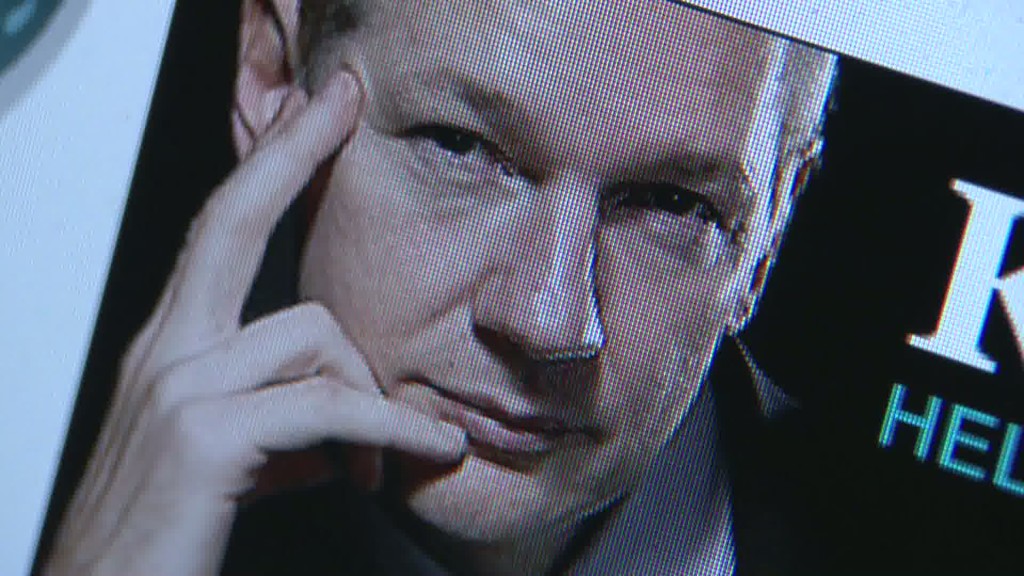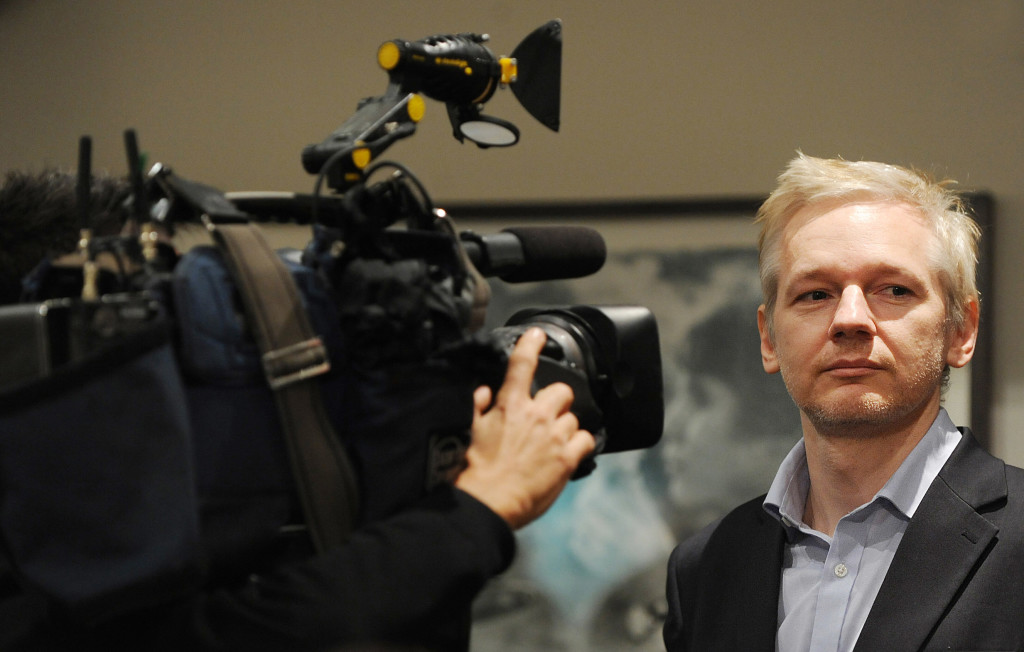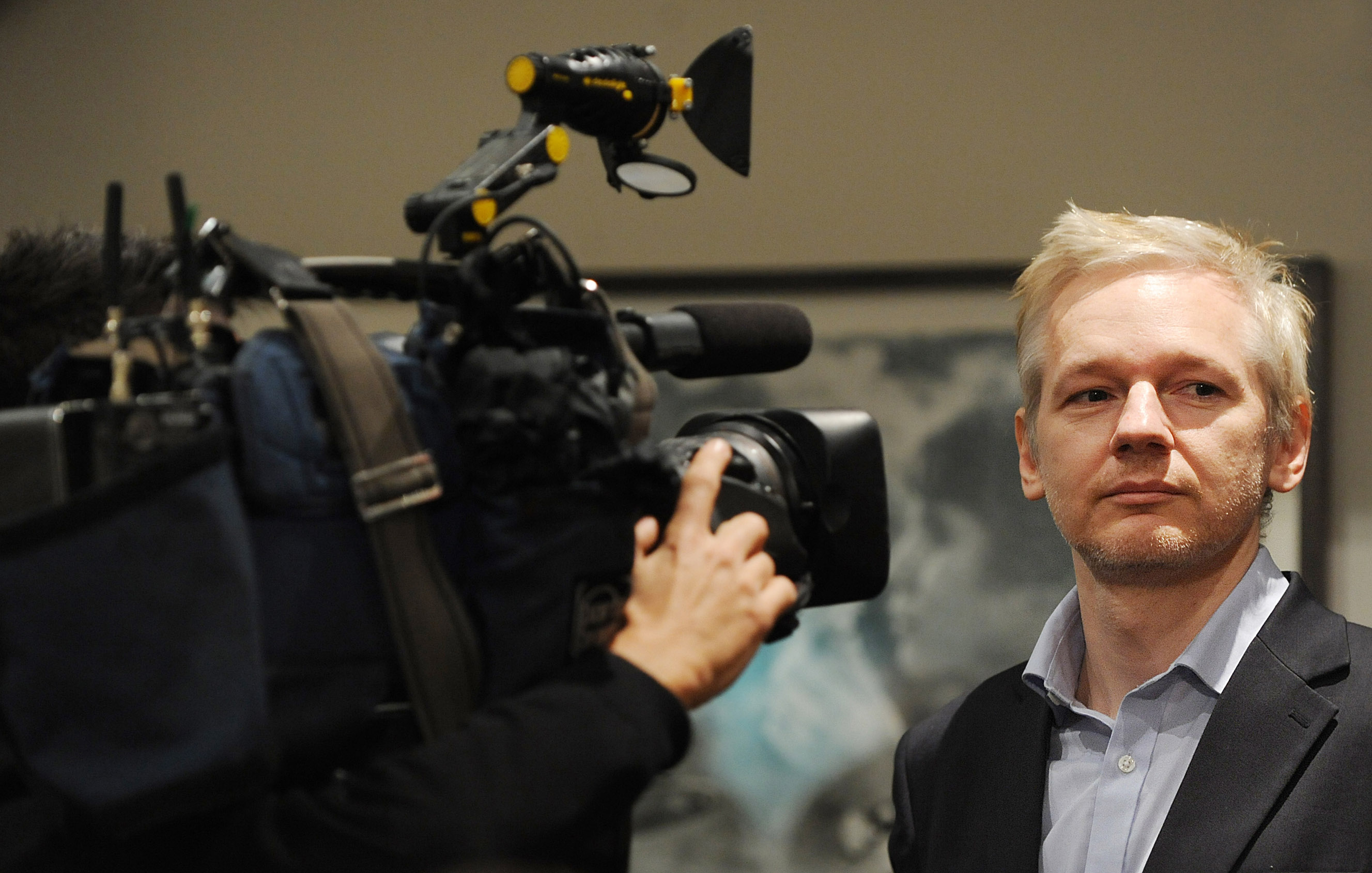Former Staffer: Why I Broke With WikiLeaks

September 7, 2011
Share
A former staffer says a “cultlike ethos” is developing within WikiLeaks.
James Bell, who worked for the group for three months last winter, has published an editorial in The Guardian describing his time with the controversial group and his decision to leave. In it, he questions their “harm-minimization procedures” and alleges questionable financial practices and staffing decisions.
He also alleges that WikiLeaks supporters were “were asked to ‘apply psychological pressure'” to get him to sign a nondisclosure agreement when he decided to leave. He hadn’t previously spoke out about his decision, but says WikiLeaks publishing the full unredacted State Department cables was the last straw:
By drawing attention to, and then publishing in full, the unredacted cache of documents, WikiLeaks has done the cause of internet freedom — and of whistleblowers — more harm than US government crackdowns ever could.
Before the first publication of carefully redacted cables, human rights activists, NGOs and organisations working with victims of horrific crimes contacted WikiLeaks begging us to take steps not to publish any names. To be able to assure them details would be protected was an immeasurable relief.
Bell now works for The Guardian as a data journalist.
The Guardian, though once its most prominent publishing partner, has become WikiLeaks’ archnemesis in recent weeks. The two organizations had already previously publicly feuded over the history of their partnership, and now Assange has blamed Guardian reporter David Leigh for leaking the password to decrypt the diplomatic files, which set in motion the unredacted cables’ release.
Der Spiegel helpfully breaks down exactly how the cables got released here.
Related Documentaries
Latest Documentaries
Related Stories
Related Stories
Explore
Policies
Teacher Center
Funding for FRONTLINE is provided through the support of PBS viewers and by the Corporation for Public Broadcasting, with major support from Ford Foundation. Additional funding is provided the Abrams Foundation, Park Foundation, John D. and Catherine T. MacArthur Foundation, Heising-Simons Foundation, and the FRONTLINE Trust, with major support from Jon and Jo Ann Hagler on behalf of the Jon L. Hagler Foundation, and additional support from Koo and Patricia Yuen. FRONTLINE is a registered trademark of WGBH Educational Foundation. Web Site Copyright ©1995-2025 WGBH Educational Foundation. PBS is a 501(c)(3) not-for-profit organization.






















